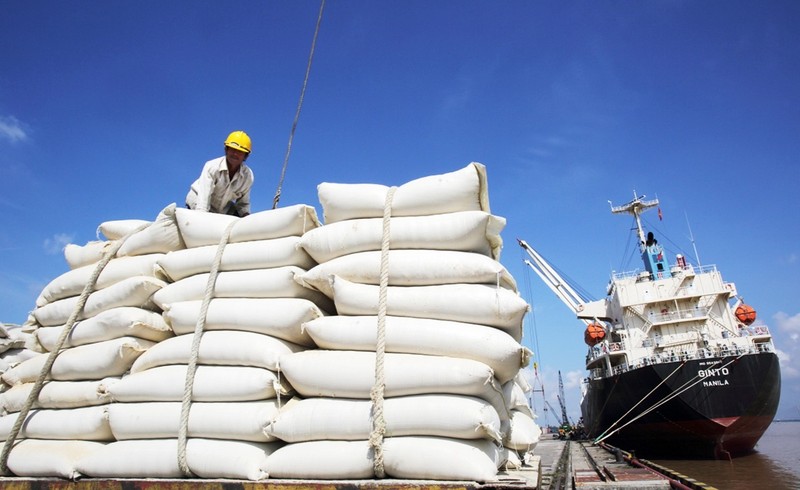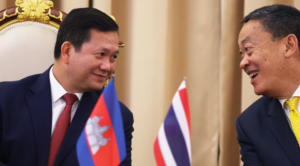In January, President Ferdinand Marcos Jr. of the Philippines flew to Vietnam to sign a series of agreements on economic and security matters. Among these, a memorandum of understanding (MoU) stood out: Vietnam committed to supplying the Philippines with between 1.5 and 2 million metric tons of white rice at a “competitive and affordable price” for five years. This agreement carries significant implications for both countries and the wider Southeast Asian region.
Rice holds immense importance as a staple food across Southeast Asia, with daily consumption rates impacting production, consumption, and trade dynamics, along with price stability. The Philippines, like many countries in the region, is not self-sufficient in rice production, relying on imports to meet its needs, particularly during periods of low domestic yield caused by factors like droughts and inclement weather. In 2023, the Philippines imported over 3 million metric tons of rice, highlighting its dependence on external sources.
A similar situation exists in Indonesia, where achieving rice self-sufficiency has long been a government priority. The country’s production fluctuates, sometimes meeting domestic demand and other times necessitating imports. Indonesia maintains rice reserves to stabilize prices and prefers to avoid imports, but adverse weather conditions can disrupt this balance.
The year 2023 experienced severe droughts due to El Niño, significantly reducing rice production across the region. During such periods, countries tend to prioritize domestic markets over global ones to ensure sufficient supply and avoid shortages. India, the world’s largest rice exporter, halted non-basmati rice exports in anticipation of the drought, leading to market disruptions. This decision, coupled with the Philippines’ reduced yields, contributed to higher rice prices for importers.
Fortunately, Vietnam and Thailand, two major rice-producing countries, are nearby. The MoU with Vietnam assures the Philippines of a steady rice supply for the next five years, regardless of external factors. While the price terms are vague, this agreement offers stability amidst potential export bans or weather-related challenges, addressing concerns about climate change’s impact on agricultural patterns and supply chain vulnerabilities.
As climate change increases the frequency of extreme weather events, disrupting agricultural production, and geopolitical tensions strain supply chains, relying solely on free markets and trade becomes riskier. Negotiating such agreements with surplus-producing trade partners mitigates some of these risks. ASEAN, despite its challenges in geopolitical and security matters, has been more successful in trade and economic issues. This deal exemplifies the bloc’s potential to establish reciprocal arrangements for critical commodities, enhancing regional resilience.
The Philippines-Vietnam rice deal is a positive step in ensuring stable access to essential commodities amid global supply chain pressures. It highlights the growing importance of regional cooperation and strategic partnerships in addressing food security challenges in Southeast Asia.
(Source: The Diplomat | Hellenic Shipping News Worldwide | Philstar)









